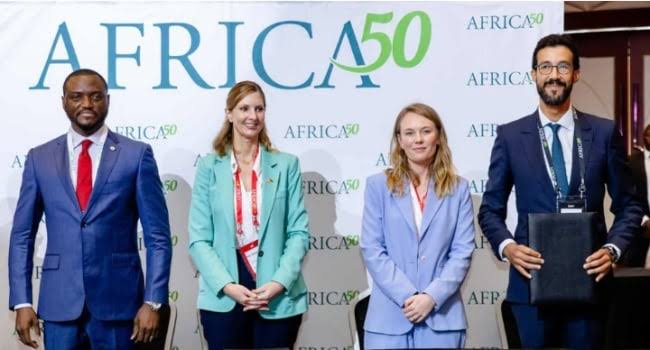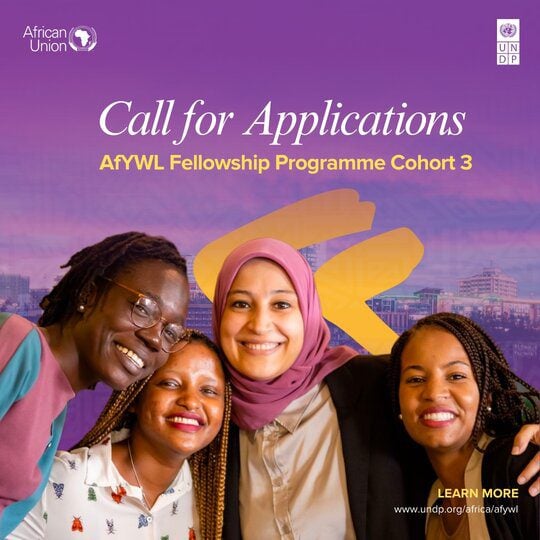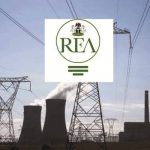The United Nations Development Programme has signed a landmark agreement with Nigeria’s Rural Electrification Agency to accelerate the country’s clean energy transition, strengthen innovation, and prepare a new generation of professionals for a future-ready energy sector.
The agreement, sealed at a ceremony in Abuja, will be driven by five pillars: energising education and innovation, scaling skills development, supporting state-level policy reforms, unlocking innovative financing, and promoting research and public engagement.
The head of the Rural Electrification Agency described the initiative as a turning point for Nigeria’s renewable energy ambitions. He explained that it will deepen existing government renewable energy programmes, expand opportunities for local content and manufacturing, and attract sustainable investments into the sector. According to him, advancing clean energy in Nigeria requires practical strategies on local content, domestic manufacturing, and innovative financing, which would help cut governance costs while boosting sustainability.
The UNDP’s Resident Representative in Nigeria noted that the collaboration represents a bold move toward a greener and more prosperous future. She stressed that the partnership goes beyond powering communities to igniting their full potential, while also driving youth empowerment, innovation, and job creation. She further highlighted the importance of processing Nigeria’s natural resources, including lithium, into value-added products such as battery systems, and embedding innovation and research within learning institutions to create green jobs.
As part of the agreement, UNDP’s University Innovation Pods and Maker Spaces will be integrated into the Energising Education Programme, turning federal universities and teaching hospitals into hubs of practical innovation. The deal will also scale up the NEXTGEN initiative, designed to build a national pipeline of clean energy talent and tackle youth unemployment.
At the state level, the two organisations will support policy reforms to help subnational governments implement the Electricity Act and align energy policies. On financing, they plan to use blended finance models to de-risk renewable energy projects, attract private capital, and strengthen the Rural Electrification Fund.
The partnership will also produce robust data on energy access and sustainability while running nationwide campaigns to boost public awareness and adoption of clean energy solutions.
Both agencies expressed confidence that the collaboration will speed up Nigeria’s progress toward universal access to clean energy and contribute to a greener economy.










